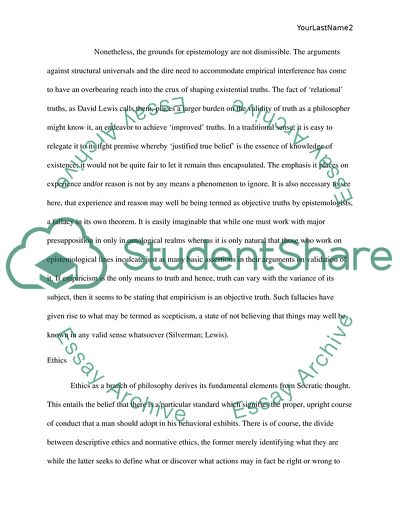Cite this document
(“What is Philosophy Term Paper Example | Topics and Well Written Essays - 1250 words”, n.d.)
Retrieved from https://studentshare.org/philosophy/1611530-philosophy
Retrieved from https://studentshare.org/philosophy/1611530-philosophy
(What Is Philosophy Term Paper Example | Topics and Well Written Essays - 1250 Words)
https://studentshare.org/philosophy/1611530-philosophy.
https://studentshare.org/philosophy/1611530-philosophy.
“What Is Philosophy Term Paper Example | Topics and Well Written Essays - 1250 Words”, n.d. https://studentshare.org/philosophy/1611530-philosophy.


